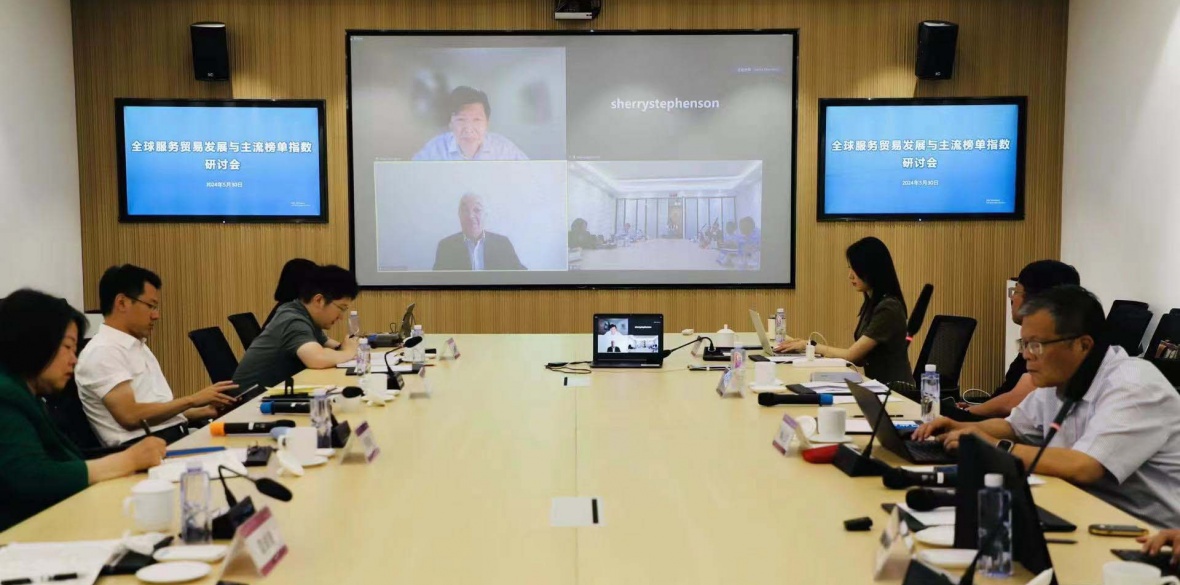This is the last article you can read this month
You can read 5 more article this month
You can read 5 more articles this month
Sorry your limit is up for this month
Please help support the Morning Star by subscribing here
ECONOMISTS and academics warned against US protectionism and its growing hostility to international scientific and economic co-operation at an online trade seminar held by Tsinghua University.
The Global Services Trade Development and Mainstream Ranking Index Seminar was organised by the prestigious Chinese university’s School of Social Sciences and co-organised by the Tianfu New Area Management Committee in Chengdu, capital of China’s south-western Sichuan province.
The event aimed to delve deeply into the current status, challenges, trends of global services trade, as well as China’s role and opportunities in this process.
At the seminar, the experts analysed in detail the recovery of the global service trade market, particularly highlighting the varying recovery rates among different industries post-pandemic.
They emphasised that “servicification” and “digitalisation” are two main drivers of increasing global services trade, and the service trade is crucial in driving economic growth, reducing costs, enhancing efficiency, providing opportunities, attracting investment, promoting trade, and improving economic resilience and adaptability.
The experts also delved into the development trends and hotspots of global service trade, especially the role and contributions of emerging economies.
China’s five-year development plan is forward-looking and the country has made considerable progress on it, the experts, including Hamid Mamdouh, former director of the trade in services and investment division of the World Trade Organisation and former senior researcher at the International Trade and Sustainable Development Centre, agreed.
But they cautioned that the US government has continuously introduced a series of export control measures in recent years and said this was not a good example for other countries, since if everyone closes their borders and only consumes what they produce without trading then economies will not grow.
Unilateral export controls are undesirable, because they affect the development of other countries and ultimately affect their own development.
The US government has issued a third-level warning for visits and studies in China, and discouraging American students, schools, and their parents from allowing their children to study or travel in China.
The experts said it was very unfortunate that the US had not considered this from a consumer perspective, and that these exchanges should be treated under trade mechanisms rather than as irresponsible political moves without regard for economic consequences.
Tenured professor and doctoral supervisor in Tsinghua University and director of the Data Governance Research Centre, Zhang Xiaojin, as well as director of the Global Learning Centre in Tsinghua University Qu Wei also participated in the seminar.









